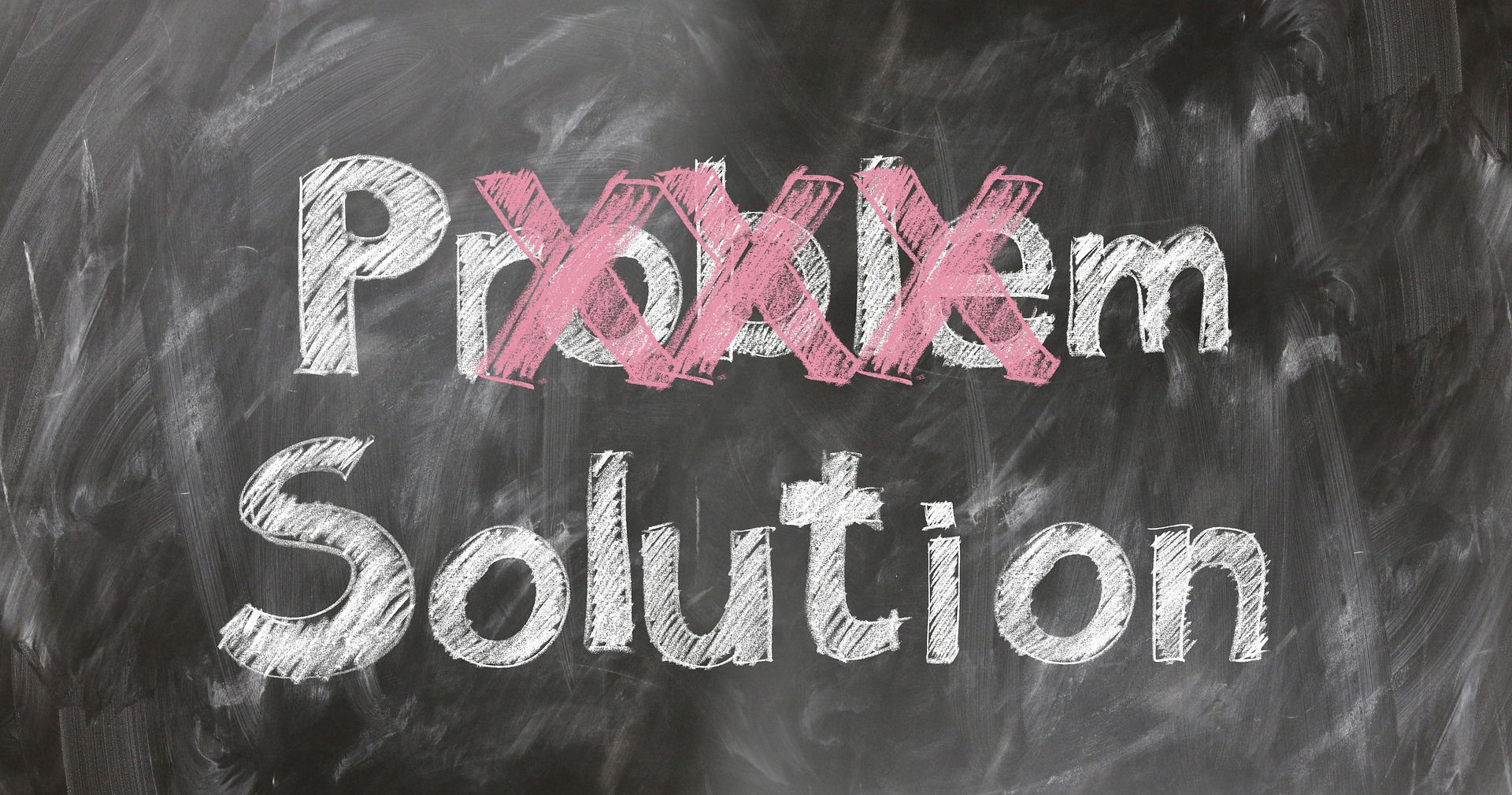The Art of Problem-Solving: Facing Challenges with Confidence
Problem-solving is an essential skill that everyone needs to navigate life’s challenges. At its core, problem-solving is the process of finding solutions to obstacles or difficulties we encounter. This skill is not just limited to academics; it applies to every aspect of life, from personal situations to teamwork in school projects. Understanding the importance of problem-solving can empower you to face challenges with confidence and creativity.
Life is full of unexpected hurdles. Whether you’re a middle school student dealing with homework deadlines or a high school student balancing schoolwork and extracurricular activities, having strong problem-solving skills is crucial. These skills enable you to assess situations critically, think through potential solutions, and implement effective strategies to overcome difficulties. The ability to solve problems fosters resilience and adaptability, qualities that are invaluable in today’s fast-paced world.
Consider a common scenario that many students face: forgetting to bring homework to school. This situation can be stressful, but it also provides an opportunity for problem-solving. You might feel anxious about how your teacher will react or worry about getting a bad grade. Instead of panicking, take a moment to think about your options. One solution might be to approach your teacher and explain the situation honestly. Requesting an extension or inquiring about submitting your work online can demonstrate responsibility and initiative. By actively seeking a resolution, you not only address the immediate problem but also show your teacher that you care about your education.
Another example of problem-solving in action occurs during group projects. It is not uncommon for teams to fall behind schedule due to various factors, such as miscommunication or differing work styles among group members. In such cases, it is essential to regroup and devise a new plan. Start by discussing what went wrong and identifying areas for improvement. Each team member can contribute ideas on how to divide tasks more effectively or adjust deadlines. This collaborative approach not only enhances your problem-solving skills but also strengthens your ability to work with others. Remember that effective communication and openness to feedback are key components of successful teamwork.
Problem-solving is not just about coming up with solutions; it also involves evaluating the effectiveness of those solutions. After implementing a strategy, take the time to reflect on the outcome. Did the solution work? What could you have done differently? This reflection process is vital for personal growth and can help you develop a more robust set of problem-solving skills over time. Each challenge you face is an opportunity to learn and improve, equipping you with the tools to tackle future obstacles.
Moreover, problem-solving is a skill that can benefit you beyond the classroom. In everyday life, you will encounter various challenges that require thoughtful consideration and creative thinking. Whether it’s resolving a conflict with a friend, managing your time effectively, or finding ways to budget your money, the ability to solve problems will serve you well. Developing this skill early on can prepare you for the complexities of adulthood, where you will face decisions that require careful analysis and strategic planning.
To enhance your problem-solving skills, practice is key. Engage in activities that challenge your critical thinking, such as puzzles, games, or even coding projects. These exercises can sharpen your analytical abilities and encourage you to approach problems from different angles. Additionally, seek feedback from peers, teachers, or family members when faced with a challenge. Discussing your thought process can provide new insights and broaden your perspective.
In conclusion, problem-solving is an invaluable skill that empowers you to confront challenges with confidence and creativity. By developing your ability to analyze situations, communicate effectively, and reflect on your solutions, you will be better equipped to handle the complexities of life. Embrace each challenge as an opportunity for growth, and remember that with practice and persistence, you can become a proficient problem solver. As you navigate your journey through school and beyond, let this skill guide you towards success and resilience in the face of adversity.

